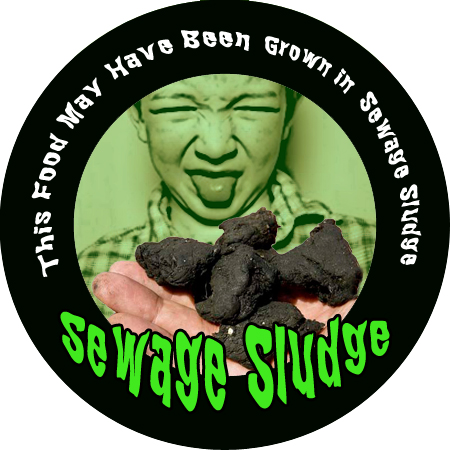Submitted by PRWatch Editors on
 Whole Foods Market has agreed to stop selling produce grown in sewage sludge! The company has announced a new set of standards for the fresh produce and flowers it sells, which will be presented in stores nationwide in September 2014. Activist and educated shopper Mario Ciasulli received word from the company that prohibiting the use of sewage sludge as a “fertilizer” will be part of the core requirements. Thank Whole Foods for listening to consumers, ask Whole Foods to make this announcement public, and tell the company you’ll be watching to see that these changes are made!
Whole Foods Market has agreed to stop selling produce grown in sewage sludge! The company has announced a new set of standards for the fresh produce and flowers it sells, which will be presented in stores nationwide in September 2014. Activist and educated shopper Mario Ciasulli received word from the company that prohibiting the use of sewage sludge as a “fertilizer” will be part of the core requirements. Thank Whole Foods for listening to consumers, ask Whole Foods to make this announcement public, and tell the company you’ll be watching to see that these changes are made!


Comments
Caroline Snyder replied on Permalink
Food grown on sewage sludge
RichWa replied on Permalink
So What's the Difference Between Sludge and USDA Organic Compost
Howard replied on Permalink
Who can we trust to do it well?
mary replied on Permalink
Toxic feathermeal organic fertilizer